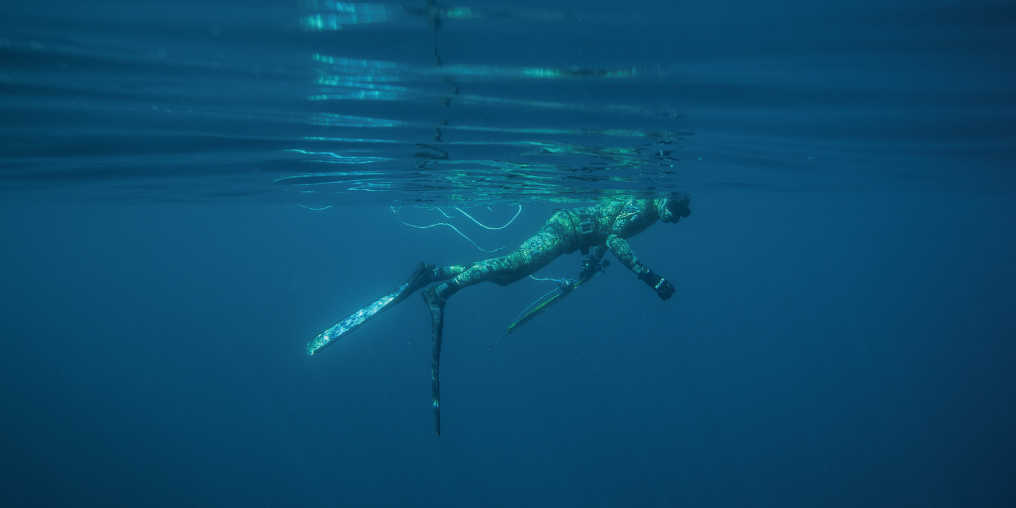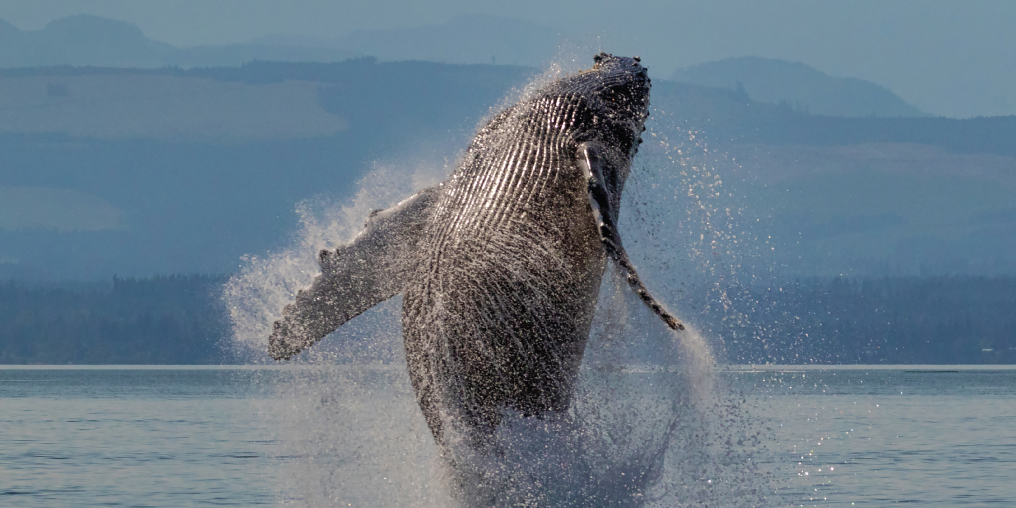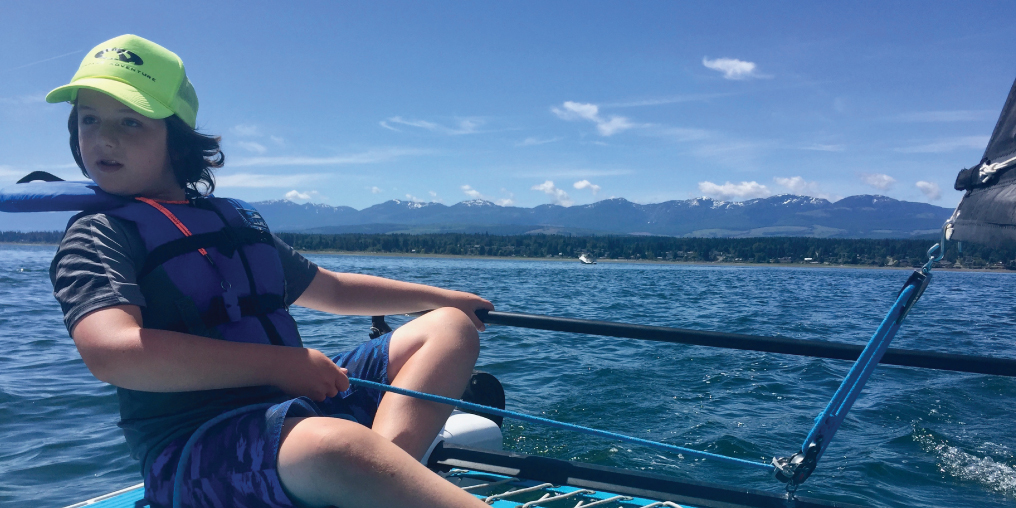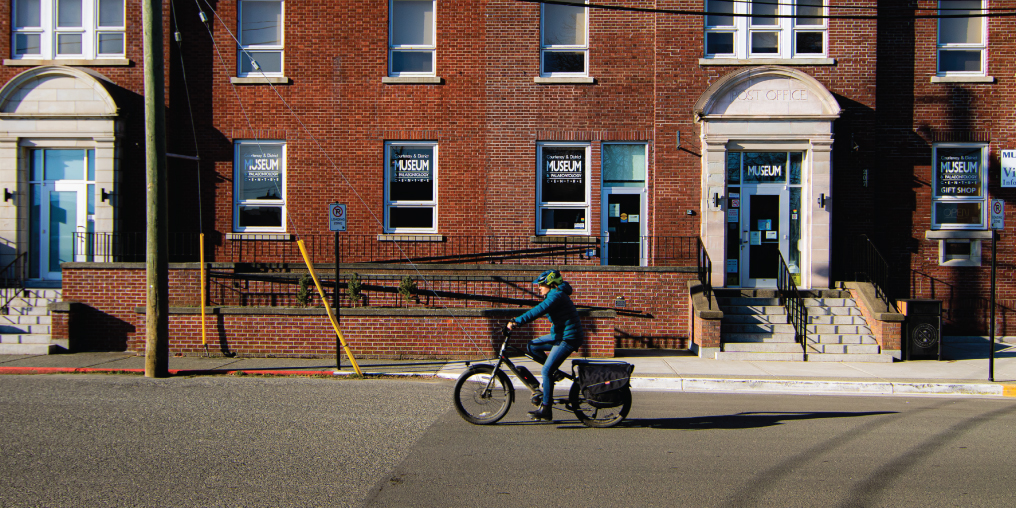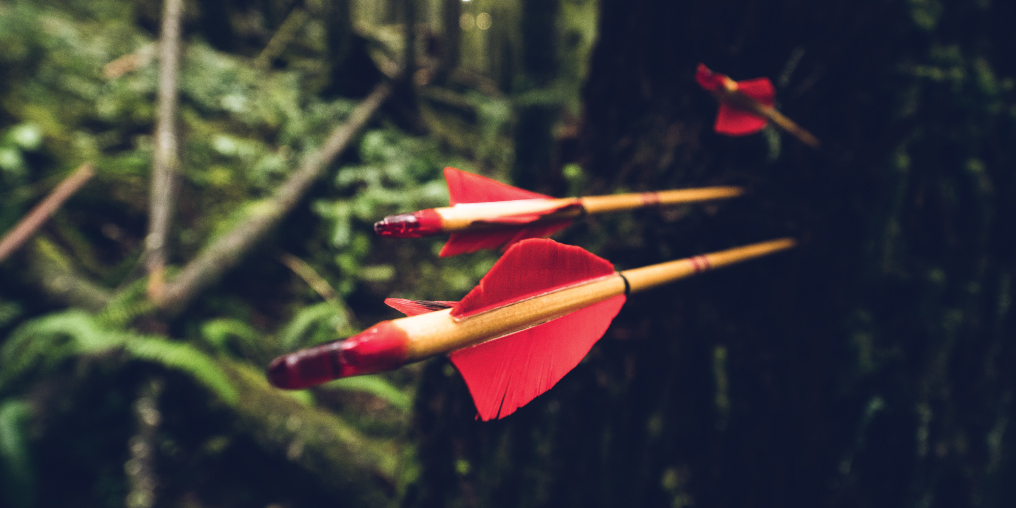I hold my breath, feeling a trickle of cold that distracts me for a second; there must be a hole in my suit from my last dive. It was cloudy on the surface when I slid off the side of my boat into the Salish Sea and where I’m sitting now, at 50ft, it’s dim, cold, and quiet–one of the most relaxing places I’ve found. Down here, I don’t hear my cell phone, sirens, or traffic noise, but simply the sway of kelp in the current and the mysterious sounds and vibrations coming from far off in the water.
I come by my love of the sea honestly, as my mother was a commercial diver and my father has been a fisherman since I was born. From our home near Point Holmes beach in Comox, my mom took me out snorkeling from shore in a wetsuit she’d cut apart and altered to fit my skinny eight-year-old frame. From my days as a wide-eyed child, enamoured with new creatures to discover below the surface, the ocean was a fun and inviting place to me. Years later, with a career of commercial fishing in my rear view mirror, it still is.
Just as the fish supply in my freezer began to dwindle, free-diving piqued my interest as a way to get back into the water. I thought, “What if I could enjoy being in the ocean like I used to, but bring home dinner at the same time?” I came across an intermediate free-dive course in Courtenay, stumbled on an article about a surf shop in Victoria that was selling gear, and just like that, spearfishing fell right into my wheelhouse.
In the right hands, a spear gun is the most selective tool available for harvesting healthy, wild-caught seafood in a sustainable way. No method of sports fishing or commercial fishing can claim zero by catch or waste, but spearfishing can come very close, provided that the person holding the gun cares enough to educate themselves.
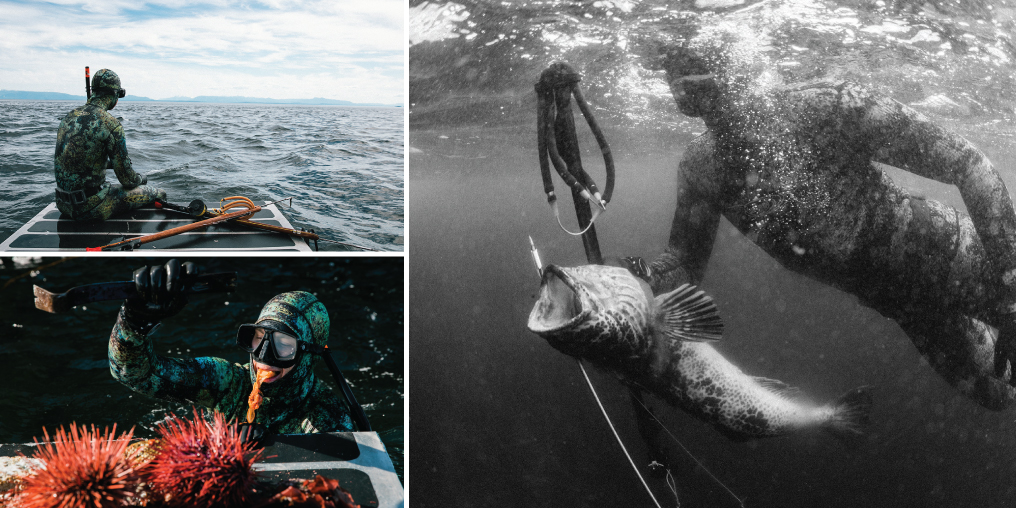
In our region, we have strict opening and closure dates, as well as catch limits, which differ depending on what fishing area you’re in. Some species are closed to spearing year round (dig around on the DFO website to find out more). We have no take zones, RCA’s (rock fish conservation areas) that are closed to fishing, and marine parks, such as the one encompassing a healthy run of the Hornby Island shoreline, that is closed to harvesting marine species by dive. For good dive karma, avoid known recreational dive sites. Getting dinner from someone else’s aquarium won’t make you many friends. Species knowledge is critical. These reefs don’t get restocked like the aisles of Safeway. A lot of the local species grow very slowly and don’t reproduce until they’re quite old, so removing too many from a spot means you likely won’t see repopulation any time soon.
While a big (female) lingcod is fun and exciting to catch, the meat is much nicer in a smaller, younger fish. From a conservation standpoint, these big females should be left to breed and keep ecosystems in check as a local top predator. With interest in this sport growing on Vancouver Island, the more we embrace a mentality of self-stewardship, the better it’s going to be for people and fish alike.
Free-diving isn’t without its dangers. I’ve considered a few times whether the risk is worth the reward of dinner or an escape from the day-to-day. My advice to anyone interested is to take a free-dive course. It shouldn’t come as a surprise that holding your breath for long periods underwater has a high potential for disaster if done incorrectly.
The Comox Valley has so much to offer, but beyond the shoreline and beneath the thin blue line is a whole other world. When exploring safely and respectively, you’ll be amazed at the interactions you’ll have with some of the local sea creatures, big and small, who may be as interested in you as you are in them. As an added bonus, maybe you’ll get lucky enough to bring home a deliciously healthy, handpicked meal for you and your family. This sport allows me to pass on to my soon-to-be-born son or daughter: my family’s love of animals, the ocean, and where our food comes from. Take what you need and leave the rest.

